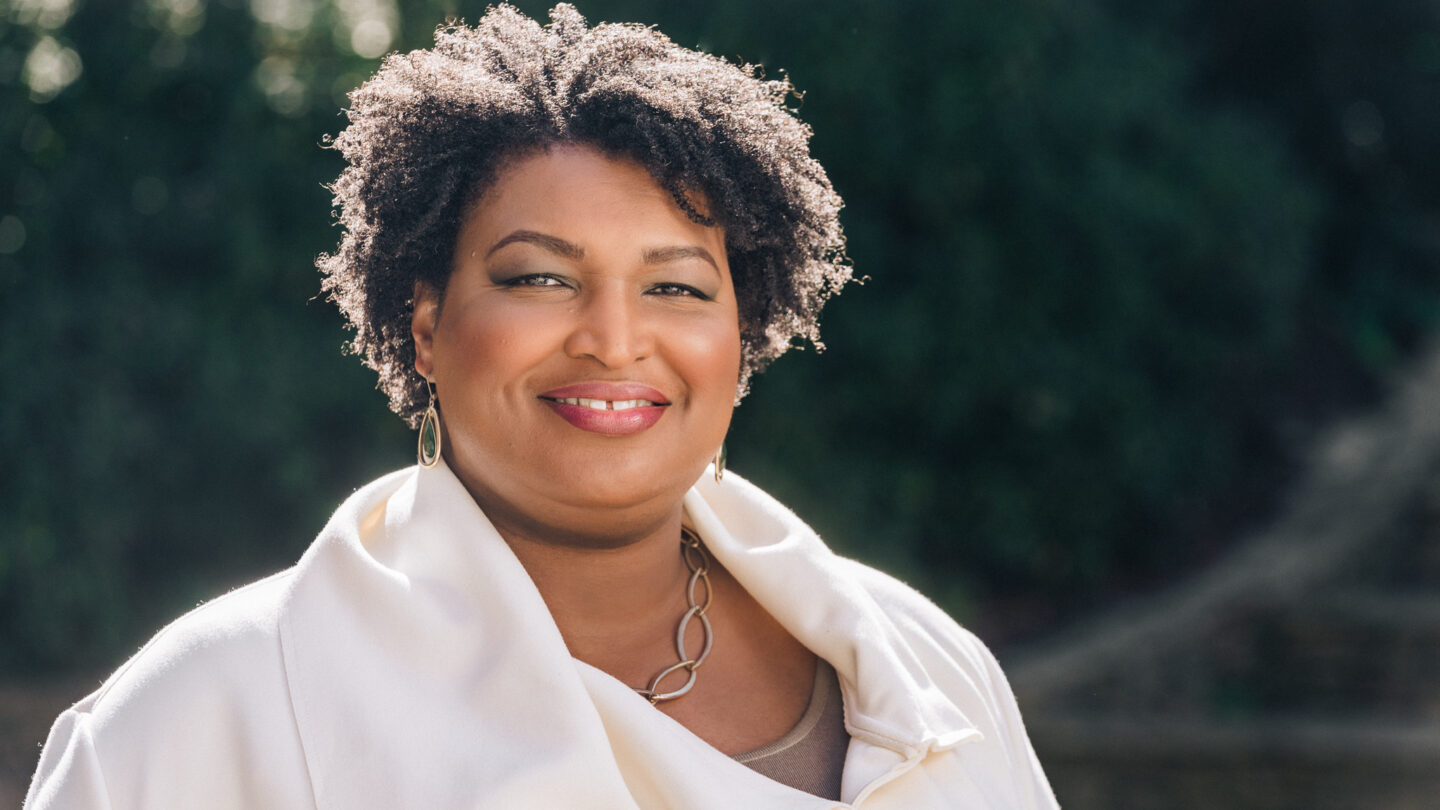Stacey Abrams‘ new novel, “Rogue Justice,” follows protagonist Avery Keene, a Supreme Court clerk investigating a possible blackmail cover-up. As Keene digs deeper into the case, she discovers something more sinister connected to the U.S. government’s judicial branch.
This novel follows Abram’s 2021 thriller “While Justice Sleeps.” “City Lights” host Lois Reitzes spoke with Abrams via Zoom about this new political thriller.
Interview Highlights:
On keeping her writing non-partisan:
“There is partisanship [in the book], but part of what I try to do with all of my writing, especially with these novels, is to illuminate that there is a complexity to who we are and what we believe. And neither party gets it all right or all wrong, and it’s about the quality of leadership as much as it is about the ideology that drives that leadership,” She continued, “In my politics, in my writing, in my thinking, I have a very clear point of view. But my responsibility is to allow others to invite them in with their points of view, show them what I think and what I see, but to create space so they can see the story themselves.”
About her research process for this novel:
“I have a very dear friend, Phyllis Newhouse, who runs one of the nation’s top cybersecurity firms. And she and I had a conversation before I wrote ‘Rogue Justice’ that sort of sparked for me the conceit.
But, what she started me on, and I actually spent months listening to podcasts about the ‘dark web,’ doing a lot of research, making sure I could understand enough. I’m not a cyber expert; I don’t claim that; I’m not pretending that. But for me, when I write about complicated topics, I want to make certain that I understand enough that an expert doesn’t scoff at it.”
Writing fiction that is representative and inclusive:
“I try to do that with race, with gender, and for me, it’s about what’s possible and what should be comfortable. And while these things are true, I don’t spend a lot of time pontificating about what it means because we know what it means.
When you see the names of the characters, there should be nothing that distracts you from the story because these are women, because some of them are women of color, because some of them are men of color. The story stands alone, but it is enhanced by and informed by their experiences.”










